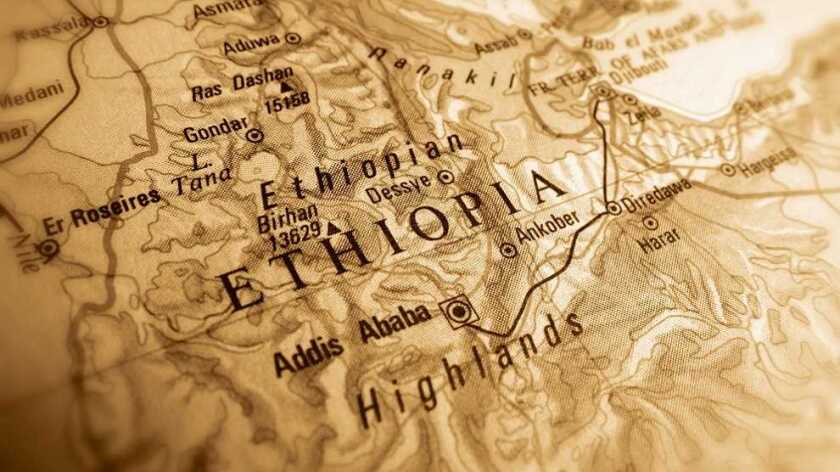The development allows any qualifying business to offer basic financial transaction services, which under a standard licence covers saving, credit, insurance and pension products, including cash-in and -out; domestic remittances; bill payments; retail payments; over the counter transactions; and inward international remittances.
Two operating licences will be available.
The directive, effective 1 April, allows maximum account balances of 30,000 birr and transaction limits of 8,000 birr daily and 60,000 birr monthly.
As Capacity reported last year, the government of Ethiopia, which came to power in early 2018, led by prime minister Abiy Ahmed, has already announced its determination to liberalise the telecoms market in the country – but details until now have been slight.
This latest move effectively allows any carrier to double up as a non-bank financial services provider. Among those expected to benefit are the state-owned monopoly Ethio Telecom, which is due for privatisation this year following the government’s sale of its 49% stake.
Privatisation would also see Ethio Telecom divided into two businesses, with services and retail on one side and mobile and fixed network infrastructure assets on the other.
Ethio Telecom, which has already confirmed it will offer smart phones “on credit” from this year, reported a 32% year on year rise in revenues over 2019, exceeding annual revenue growth targets by 4%.
MTN Group Ltd., Vodacom Group Ltd. and Orange SA have all expressed interest in operating in Ethiopia. In February, Safaricom, which is 35% owned by Vodacom, also issued a statement to the Nairobi Securities Exchange saying that it is looking for partners for its Ethiopian venture.
History of mobile payments
With a population of 114 million people, hype around Ethiopia’s “mobile money revolution” has been building since 2015 when M-BIRR debuted.
Helping to deliver finance and financial aid to people across Ethiopia, M-BIRR has been particularly popular in remote areas where access to banking facilities is limited.
Loosely based on Kenya’s M-PESA system – Kenya is moving towards a cashless society – M-BIRR is used to deliver social security style payments and reduce overall use of cash, boosting security and access to essential services for the near 80% of Ethiopians who don’t have a bank account.
M-BIRR’s backers have included the European Investment Bank, which invested €3 million in 2018 – the bank’s first mobile fintech investment on the African continent.
However, M-BIRR is traditionally dependent on micro-finance institutions (MFIs). In September 2019, the government of Ethiopia proposed that any registered business in the country would be able to apply for a mobile money licence so long as they are wholly owned by Ethiopians or non-nationals with Ethiopian origin and have minimum capital of 50 million BIR (US$1.5 million). Their business plan much include details of the geographic roll out schedule and security provisions, and the business must have a minimum of 10 shareholders.
Under the licenses payment issuers would be able to provide savings and credit services, sell insurance products, and pay out pensions.
Now a reality, Ethiopians will be waiting to see how quickly this latest development meets its promise to spur innovation and democratise access to essential public services.





